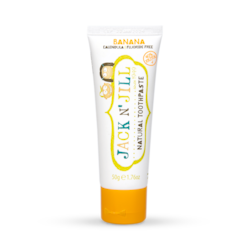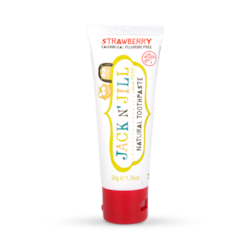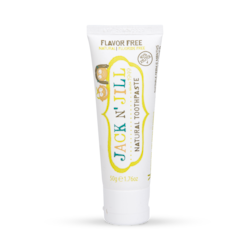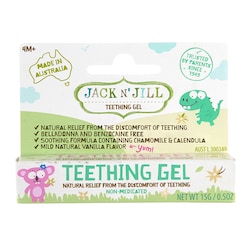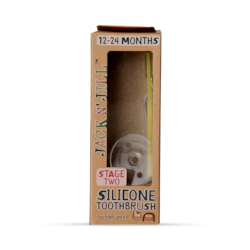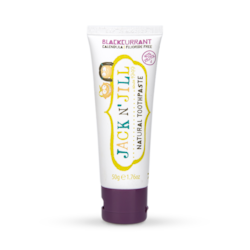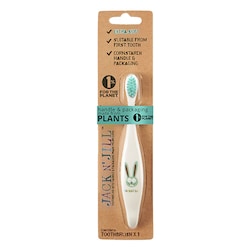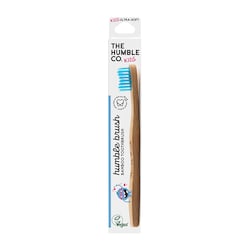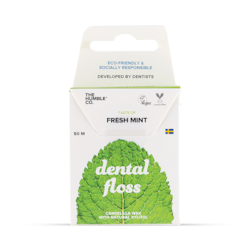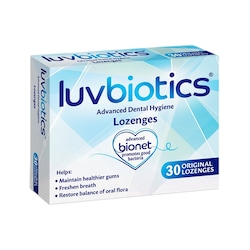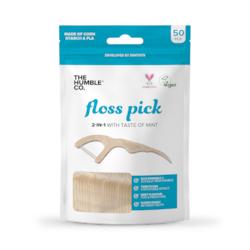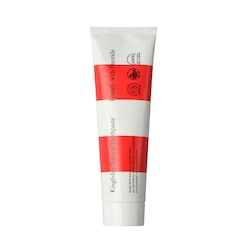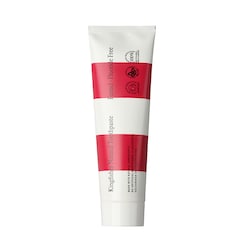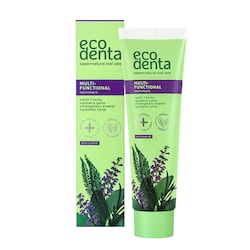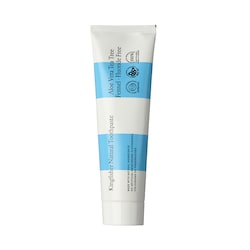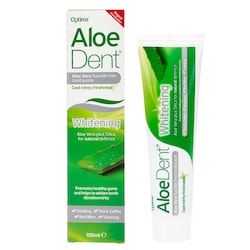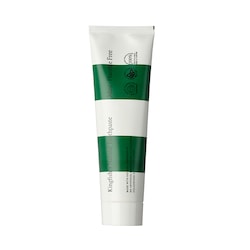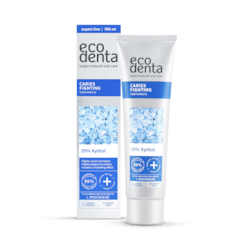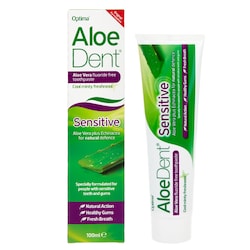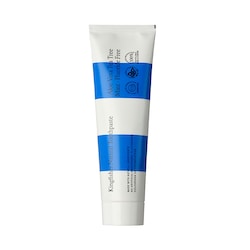15% off £20
Glow beyond: Looking after your skin past the face
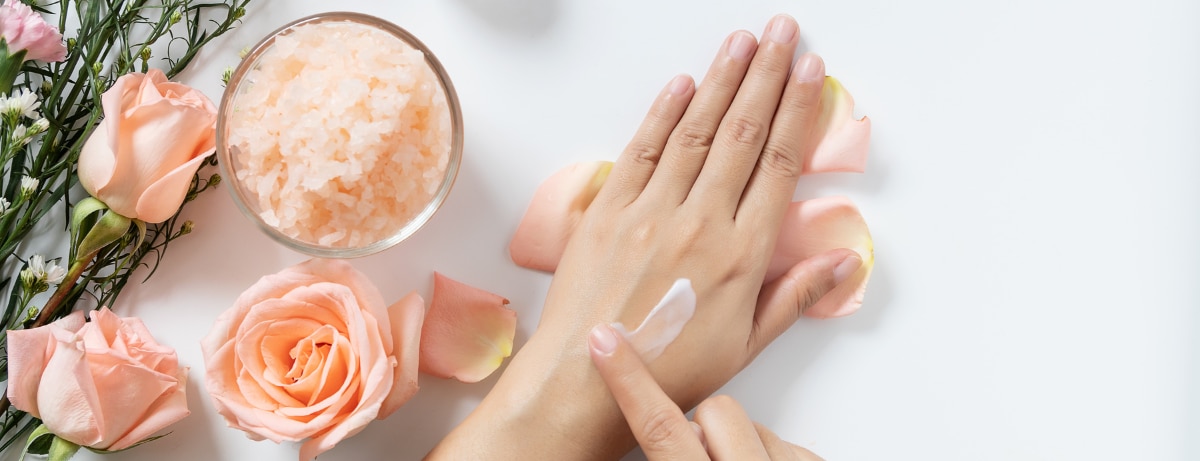
Fancy yourself as a skincare fan? Open your bathroom cabinet and you’ll find lotions and potions galore... but chances are they’re all for your face.
Bodycare is set to gain popularity, but it’s more than a trend – here's why it’s worth venturing past the neck...
Skip to:
What does our skin do for us?
Our skin is our largest organ – we have about 22 square feet of it. ¹
Put simply, its job is to keep the right things in and out! Our skin has a barrier, called the epidermis, that’s our body’s first defence against the outside world. ²
And the skin has its own microbiome, a diverse community of “friendly bacteria” that perform the jobs needed to keep it healthy.
Where to take care of & why
We’re all on the lookout for shiny and supple skin – but the most important step you can take is ensuring your skin is protected in the long run.
- Spend time in the shade when the sun is at its strongest, between 11am and 3pm (even in the UK)
- Cover up with clothes and sunglasses
- Wear an SPF of at least 30 every day of the year – again, even in the UK!
Being exposed to the sun isn’t just about heading to the beach; these rules all apply if you’re working outside, exercising, driving, or even sitting near a window.
Don’t forget to apply sunscreen to any area of your body that’s on show – that includes your hands, ankles, ears, and neck.
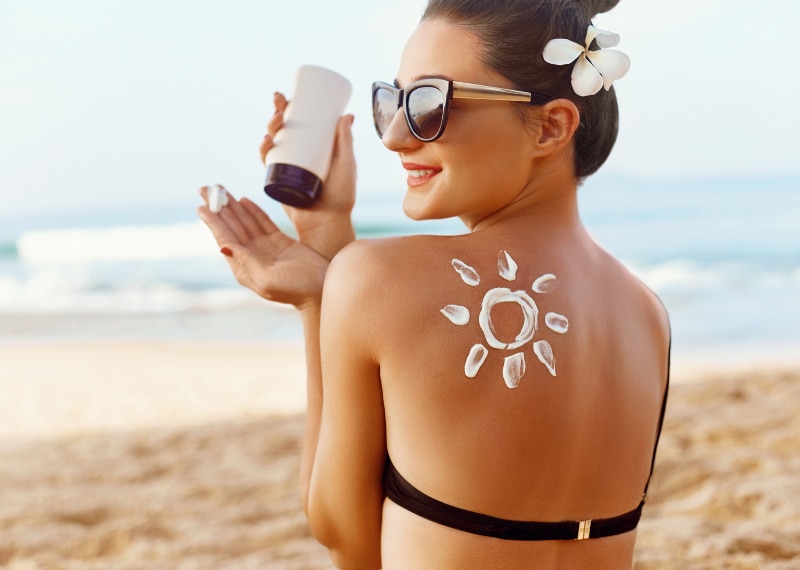

Typing, lifting, driving, washing up... our hands stay busy all day. So it’s no wonder they’re prone to dryness and scrapes.
Find yourself getting blisters and calluses at the gym? Repetitive movements like lifting weights can take a toll on your skin; invest in a pair of gloves or alternate your equipment every few sets.
And while sanitising is important, try not to overdo it as alcohol gel can dry out your hands.
Thirsty skin is unhealthier skin, so regularly apply a moisturiser or hand lotion to help retain hydration.
2. Arms and legs
Maybe your arms and legs feel a little neglected, too – could they do with some love?
It can add a few extra minutes to your routine, but don’t forget to moisturise your body to help keep it as glowy as your face.
Exfoliating can also help you achieve smoother, softer arms and legs; it sloughs away dead skin to reveal a new, shinier layer.
And, if you shave, looking after your skin can help reduce the unwanted parts that come hand in hand:
- Regular exfoliation can help reduce ingrown hairs.
- Using fresh, sharp razors will help minimise your risk of shaving rash (but you can still use them for as long as they’re sharp, or use disposable heads, to help reduce waste). A rechargeable shaver might be worth the investment if you shave often.
- Give your skin a break between shaves to help reduce the risk of razor bumps.³
- Don’t leave your razor in the shower after use, as the warm, humid environment can increase bacteria growth.⁴
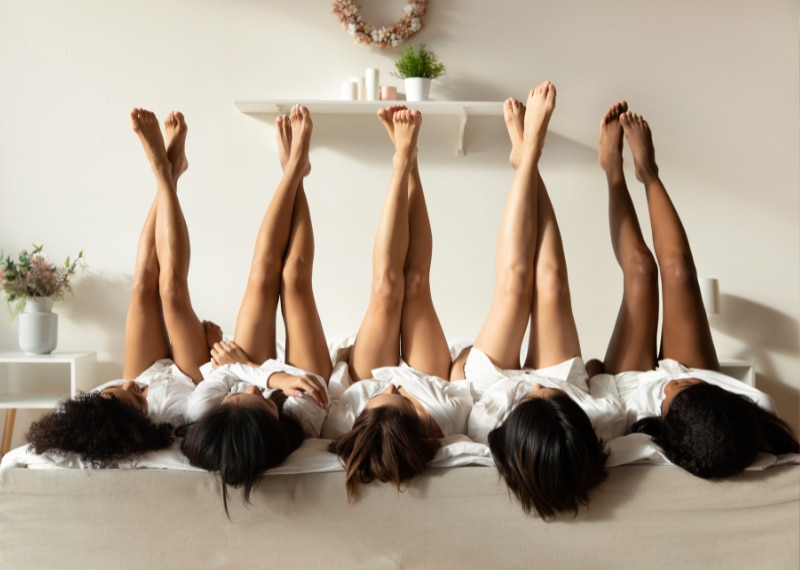

You might also be familiar with “strawberry legs” - ever seen small, dark dots all over them? This happens when pores become clogged with dirt or dead skin.
Don’t worry: these spots aren’t dangerous (though you should speak to your doctor if they’re painful, swollen, or itchy). ⁴ Strawberry legs can be treated over time by following the steps above and giving your skin a break every so often, especially if it’s dry.
3. Feet
Foul feet might not be our favourite topic. But they work hard with every step we take and deserve to be looked after!
It can be easy to throw on your socks every day and not take a closer look – but it’s important to check your feet regularly to make sure they’re healthy:
Verrucas
Look for verrucas (round, wart-like bumps) on the soles of your feet and toes. They aren’t generally dangerous, but they can be painful.
Verrucas are contagious and can be passed on by things like walking around barefoot or sharing towels, so it’s best to treat them to avoid spreading them to other people.
Athlete’s foot
Itchy, sore, or cracked feet may be a sign of athlete’s foot, a common fungal infection.
Most people can easily get rid of it with over-the-counter medications, but it can be more dangerous if your feet get infected. ⁵.
Feet and toes: good to go?
Give your feet a once-over to make sure:
- Your toenails are trimmed with no sharp edges
- Your nails aren’t ingrown and and your toes aren’t red or swollen • You don’t have sores, cuts, or blisters
- You don’t have excessive hard skin on your feet or toes
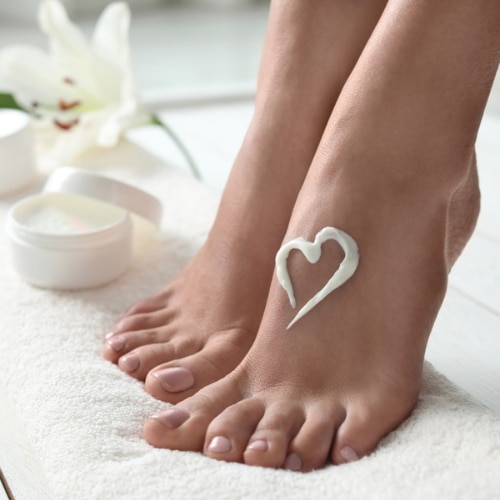

4. Scalp
Even if it’s covered with hair, your scalp is still prone to the same damage as the rest of the skin on your body.
Shampooing, sweating, and sunlight can all affect your scalp health:
- Try to use gentle hair products, designed for sensitive skin.
- Wash your hair less often if you can – but “rinse and repeat” when you do.
- Consider a scalp scrub, like this one from Sukin, to help remove product buildup and smooth away flaky skin.
- Make sure the water isn’t too hot when you wash your hair; this can leave your skin feeling sensitive.
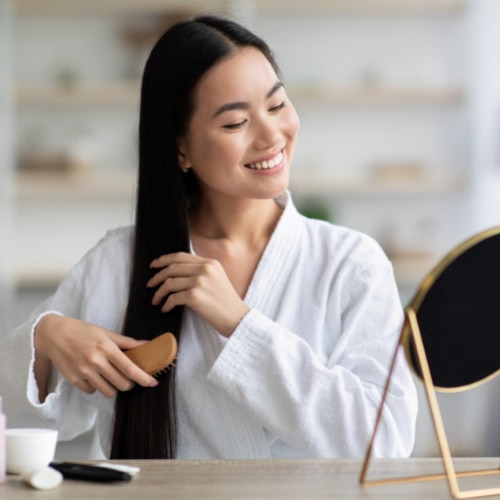

Anything else?
It’s all about building small habits into your routine – usually while you’re washing. Try to make a few simple swaps like:
- Turning down the heat in your shower or bath, as very hot water can remove oil from your skin
- Avoiding strong soaps; these might contain harsh fragrances or alcohol. Look for products specially formulated for sensitive skin.
- Once you’re done, pat your skin dry; don’t rub, scrub, or drag it!
- While a few gentle products can help nourish your skin, try not to overload it with too many. Check you’re not using multiple products that contain the same ingredients or do the same job!
Finally, maintaining a balanced diet helps you get all the vitamins and minerals you need. They can contribute to your skin (and its unique microbiome) more than you’d think!
Skincare superstar retinol is derived from vitamin A; get vitamin A through your diet in foods like oily fish, spinach, eggs, and liver. However, you shouldn’t consume too much vitamin A or use vitamin A skincare at all if you’re pregnant; speak to your GP for advice.
Our bodies can’t produce vitamin C, so we need to get it in our diet through foods like citrus fruits, green leafy veg, and potatoes. It plays a part in making collagen. ⁶.
And there’s a wealth of other vitamins that can all benefit our skin – check out the guide below.
Don’t forget to drink plenty of water, too!
Last updated: 16 March 2023
The advice in this article is for information only and should not replace medical care. Please check with your GP or healthcare professional before trying any supplements, treatments or remedies. Food supplements must not be used as a substitute for a varied and balanced diet and a healthy lifestyle.
If you have sensitive skin, eczema, psoriasis, acne or rosacea, consult a dermatologist before trying any treatments.
- https://www.nationalgeographic.com/science/article/skin-
- https://www.ncbi.nlm.nih.gov/pmc/articles/PMC6629960/
- https://www.bad.org.uk/pils/pseudofolliculitis/
- https://health.clevelandclinic.org/strawberry-legs/
- https://www.nhs.uk/conditions/athletes-foot/
- https://lpi.oregonstate.edu/mic/health-disease/skin-health/vitamin-C


